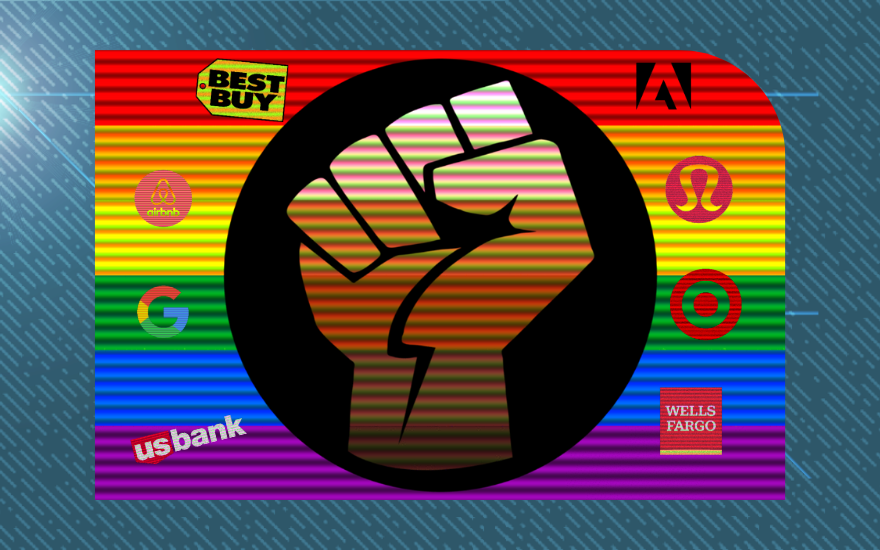A new report shows which companies are at the highest risk for implementing policies based on political affiliation or beliefs.
The Corporate Bias Ratings initiative by nonprofit 1792 Exchange has assessed more than 1,000 companies’ policies, practices and other information to determine the likelihood a company may cancel a contract or client, or boycott, divest, or deny services based on views or beliefs.
Small businesses, individuals, and nonprofits can use the tool to select vendors that are less likely to cancel a contract or deny services based on their religious or political beliefs, according to a statement posted on the 1792 website.
“The threat is real, and it is not limited to political personalities or social media suspensions. Cancel culture has become frequent in today’s society,” the group wrote. “Religious liberties, First Amendment rights and philanthropic freedoms are under attack. The unfortunate reality is that ideological cancellations are occuring [sic] at an alarming rate, and are being reported more frequently but often goes unreported.”
Companies are evaluated using six criteria and receive a rating of “Lower, Medium, or High” risk. Each category has a number of points assigned (High Risk = 2 points, Medium Risk = 1 point, Lower Risk = 0 points). The higher the company score, the more likely the company is to go “woke” and allow its ideology to dictate its business practices.
The report allows users to filter companies by industry (Banks, Energy, Website Hosting, etc.) to see if companies they use participate in some form of cancel culture.
Paul Fitzpatrick, president of the 1792 Exchange, appeared on Fox News to discuss consumers taking initiative to prevent “woke capitalism” from becoming more prevalent in America.
“The customer has incredible power,” Paul Fitzpatrick told Fox News host Rachel Campos-Duffy on Sunday. “The problem is we need to change our behavior. We recommend that folks go under our database, 1792Exchange.com, find the companies that they patronize, print off the report, walk into the office, the local branch, and if it’s a high-risk company, ask politely to calmly speak with the manager and say, ‘Why are you doing this? Are you going to cancel me?’ And if you’re a business or a nonprofit, ask to have the terms of your agreement changed.”
Fitzpatrick said for low risk companies to thank them and encourage your friends to shop there, providing a reward system for companies that are not ideologically-driven.
He added, “If we change behavior, our behavior, the companies will change their behavior.”
For all of the companies analyzed, 1792 Exchange found that 50 percent are at low risk of allowing ideology to influence policy, while 30 percent are at medium risk, and 12 percent are at high risk.
High risk companies include Adobe, Airbnb, Google, Best Buy, Lululemon, Patreon, Target, US Bank, and Wells Fargo.
